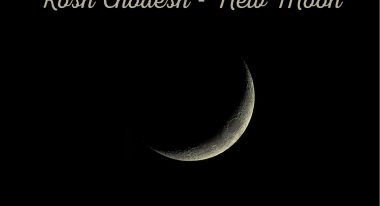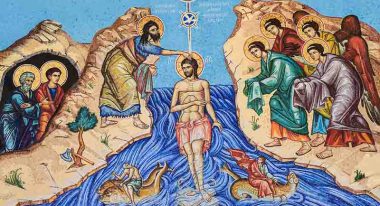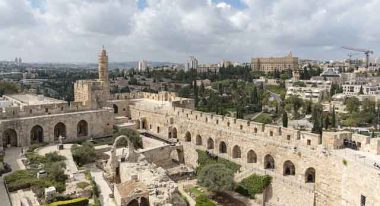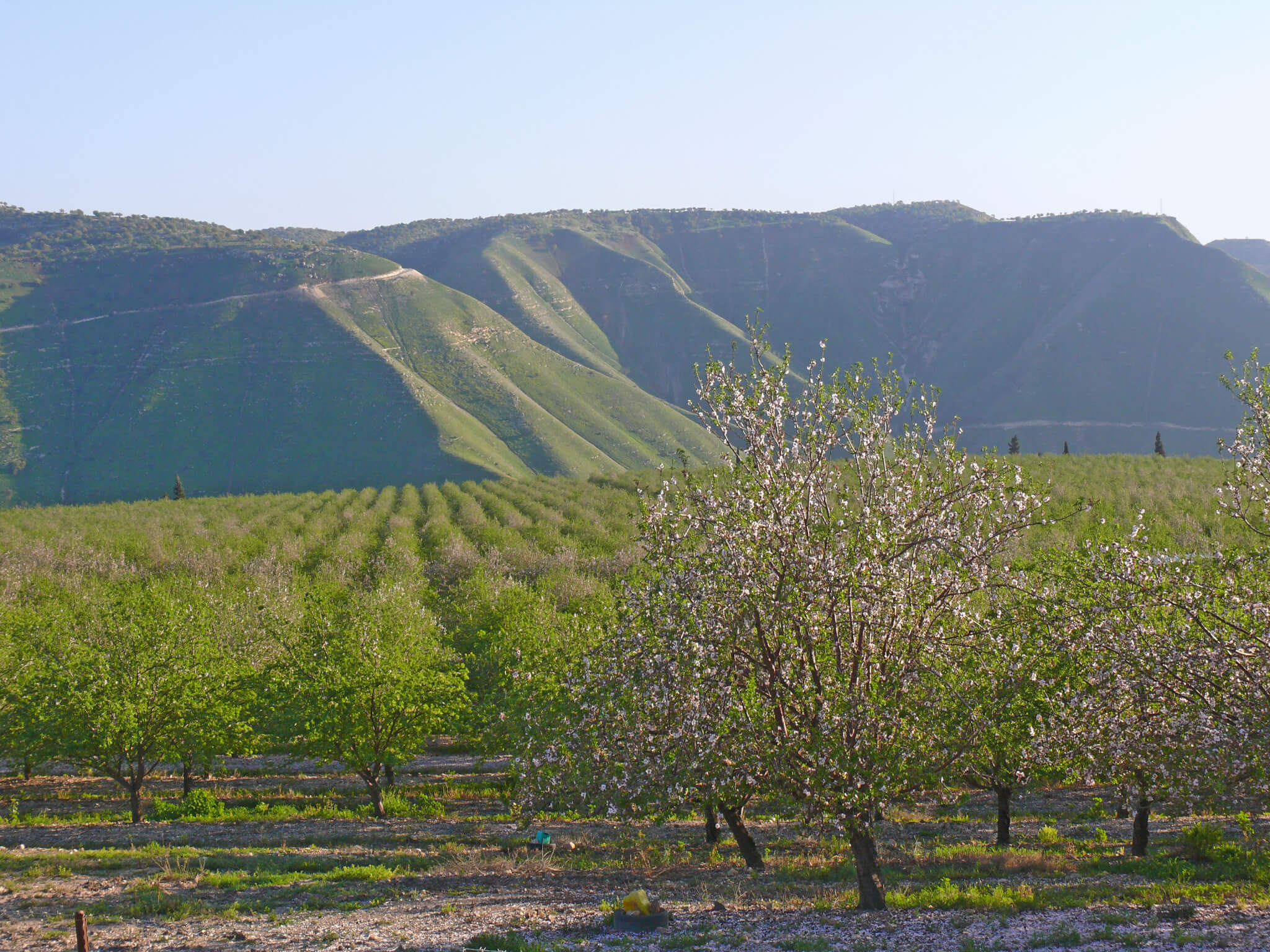
Tu BiShvat
On the day, called in Israel Tu BiShvat (Hebrew. ט”וּ בִּשְׁבָט), usually the rainy season ends and the nature revives. Tu Bishvat – is the 15th day of the month of Shevat on the Jewish calendar. The holiday of Tu BiShvat was established by the sages to separate the harvest of one year from another.
As it states in the Torah in Leviticus 19:23-25 – the fruit from trees should not be eaten during the first three years. The fourth year’s fruit is for God, and only after that you may eat the fruit. Each tree ages one year according to Tu BiShvat. Therefore, Tu BiShvat indicates when it is allowed to eat the fruit. In the ancient days this knowledge was important also because of the tithes of the first fruits. The Israelites had to be sure if a tree’s fruit could be counted for tithes, as it says in Deuteronomy 14:28-29.
Zionist movement began a new stage in the history of this holiday. Immigrants who have returned to the land of their fathers understood that it is necessary to overcome the desert by draining swamps and turn the land into a flourishing garden. The tradition to plant trees on Tu BiShvat was renewed in 1890 by a school principal, writer and historian Zeev Yavits and his students. The blossoming almond tree has become a symbol of this celebration of the nature.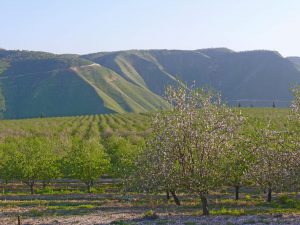
In our days Tu Bishvat is a festival of nature and a very enjoyable time for Israeli people. Each year on Tu BiShvat hundreds communities in Israel plant new trees. Thousands of people are planting trees in the Land of Israel on this day. Families work together joyfully, understanding that this is their contribution to the future generations who will enjoy the fruits of today’s work.
A festive meal follows the day of working in the Holy Land soil. During this Holiday it is accustomed to eat fruits that were mentioned in the Bible – dates, pomegranates, figs, olives and variety of nuts.
On this day Jewish people celebrate the G-d’s-given nature and acknowledge their responsibility for Eretz Israel and its future descendants.
Photos in the article taken by Moti Refaeli




